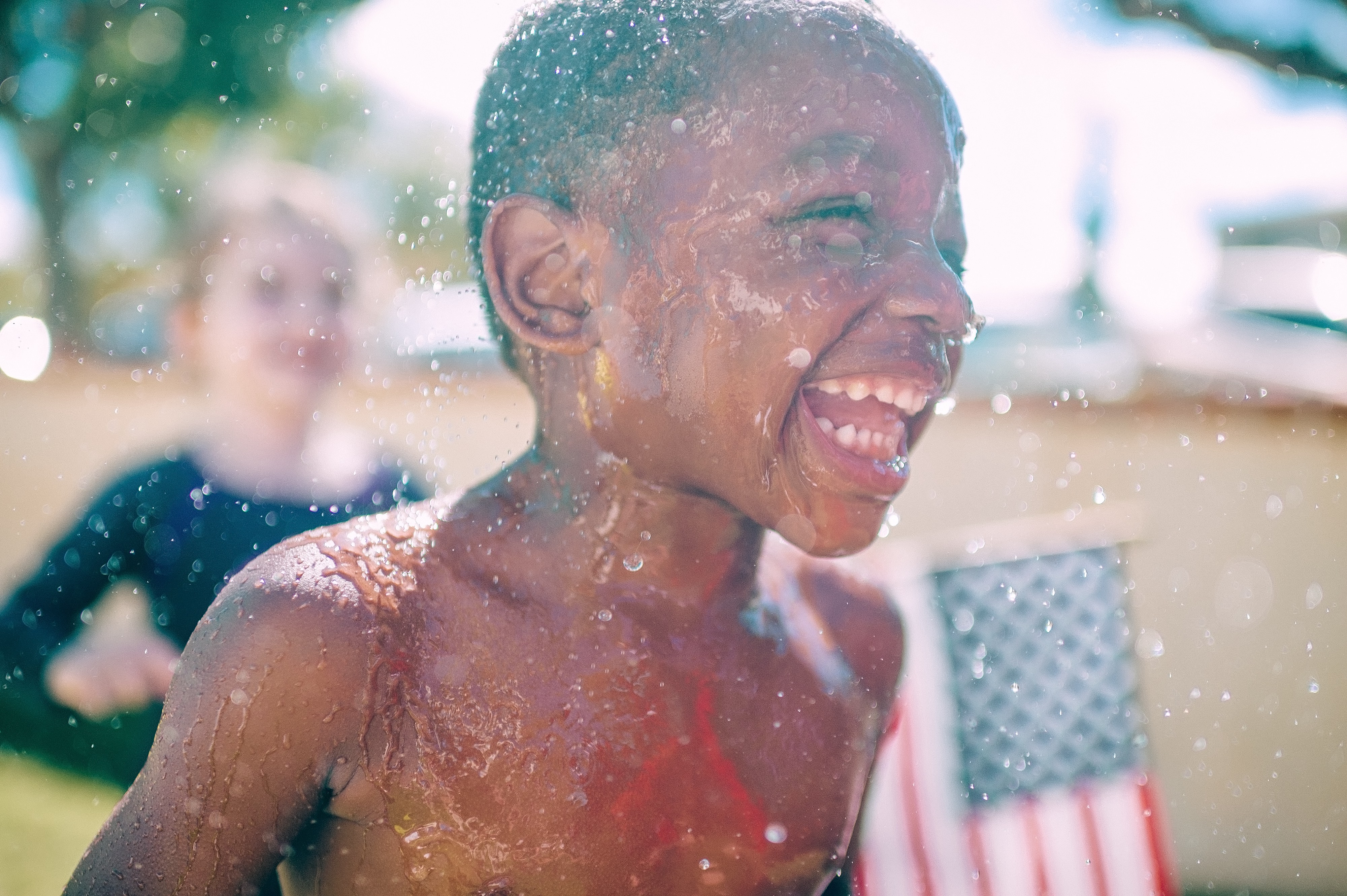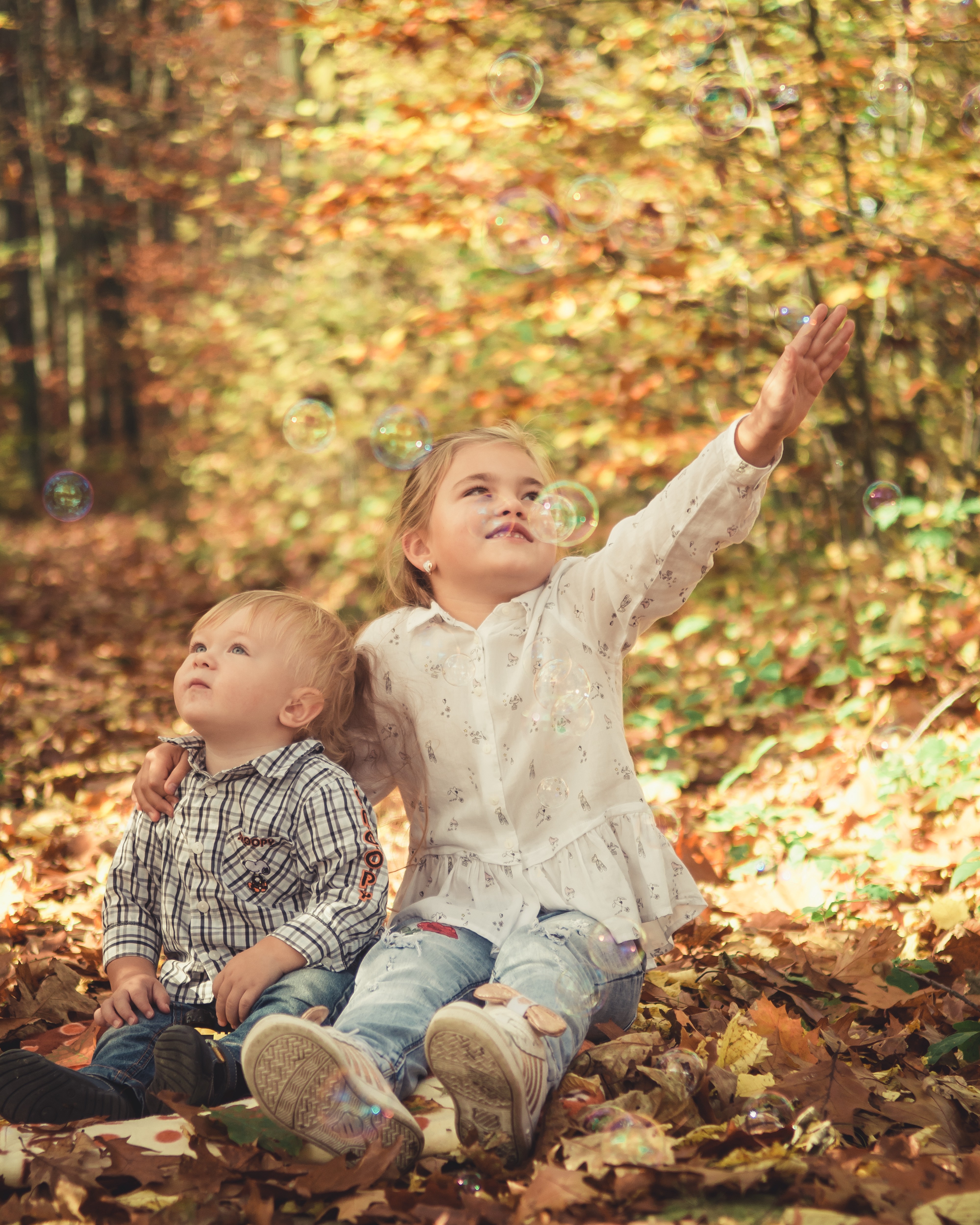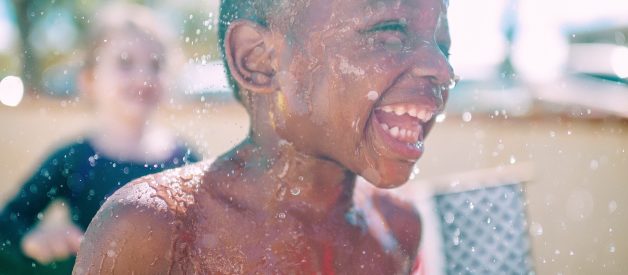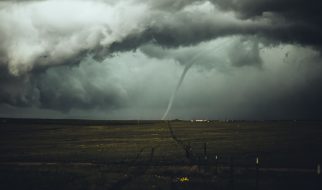Race in America
If you?re not Black, you don?t understand spanking ? periodt.
 How far would you go to protect him? Photo by frank mckenna on Unsplash
How far would you go to protect him? Photo by frank mckenna on Unsplash
It?s February and my Netflix cue is hella Black. I have been consuming and consumed by black Netflix, from the Columbian time-traveling slavery themed telenovela Siempre Bruja to Spike Lee?s afrofuturistic See You Yesterday. But the one show I just can?t get behind, despite having my future husbae in several lust-inspiring cameos, is Raising Dion. Aside from the ?light-washing? of both Dion and his mother, Nicole, my enjoyment of the series was ruined by Nicole?s behavior, which was inconsistent with the behavior of any black American mother I have ever met.
At several points in the series, Dion blatantly disobeyed his mother and endangered himself in ways that could have cost him his life. At one point in the series, Dion runs into the street and is almost hit by a car. That?s how he discovers he can teleport. At another point in the show, he disobeys his mother and makes contact with the villain through his tablet, nearly getting himself and his mother killed. At no point in the show does she so much as threaten to spank him. She doesn?t even address why she chooses not to spank him, when he was clearly a stubborn and undisciplined boy who didn?t know how to follow instructions.
It was clear that Nicole loved her son. But she loved him in a way that I would expect from a white mother, not a Black one, which pushed me to examine my own cultural assumptions of Blackness and internalized violence. Still, days later, a voice kept whispering in my ear: Why wouldn?t she spank him?
Like many Black mothers, my mom used spankings to teach me a lesson, one that might just keep me safe and alive in a world built to destroy me, body and soul.
I grew up in a spanking household. I have been spanked with a switch (sumac branch stripped of leaves), a leather belt, an extension cord, the cord to my asthma treatment machine, a comb, a brush, a shoe, and the flat, wide palm of my mother?s hand. My mother didn?t spank me often, and she didn?t spank me for minor infractions, but she didn?t hesitate to dole out corporal punishment whenever she felt it was necessary.
Like many Black mothers, my mom used spankings to teach me a lesson, one that might just keep me safe and alive in a world built to destroy me, body and soul. She spanked me when I disobeyed her and left the safety of our street to play football with boys in an abandoned lot three blocks down. She spanked me when I threw a tantrum in a toy store and fell out on the floor.
The worst spankings came when she caught me showing my genitals or looking at and/or touching the genitals of others. Through spankings, she created a social boundary, letting me know that genital exposure or contact was unacceptable and, more importantly, unsafe.
A lot of Black women spank their children to keep them safe. ?Better I beat you than the po?lice kill you.? as my grandma and generations of grandmothers before her would say.
There are many well-meaning and well-educated doctors, including those at the American Academy of Pediatricians that will tell you spanking doesn?t work. They say that spanking causes emotional trauma, and reduces impulse control while increasing aggressive behavior. I?m no scientist, so I?m not here to debate the result of qualitative studies undertaken by professionals.
I?m saying that the result of these studies doesn?t change the reality of Black life, and it doesn?t change the fact that most Black mothers would rather see their children emotionally scarred and alive than mentally healthy and dead. Black children are, by necessity, more disciplined than their white counterparts. They are four times more likely to be punished in school than white children displaying the same or similar behaviors. The color of their skin makes them five times more likely to be arrested as adults than their white peers, six times more likely to end up in jail for smoking pot or other minor drug offenses, and 2.5 times more likely to be killed by police.
 Photo by AndriyKo Podilnyk on Unsplash
Photo by AndriyKo Podilnyk on Unsplash
In the past two years, Black children have had the police called on them for allegedly groping white women, standing outside a 7/11, cutting the grass, selling bottled water, and even napping. These are just a handful of anecdotes out of hundreds of stories that never become national news. If Black children are in danger simply for existing, how much more dangerous is it for a Black child to behave in ways that violate social boundaries, show disrespect for authority figures, or draw too much attention?
Black children are, by necessity, more disciplined than their white counterparts.
Part of this inherent desire to keep our children alive at any cost comes from Black Americans’ history of racial terrorism. Not only are we dealing with multigenerational trauma, but that trauma is also compounded by daily microaggressions and ongoing trauma associated with continued racial oppression. Besides all of this, Black Americans have never been afforded the opportunity to heal from ongoing trauma and are continually denied basic societal benefits that their white American peers enjoy. Dr. Joy DeGruy calls this phenomenon Post-Traumatic Slave Syndrome (PTSS).
Some might say that past trauma doesn’t excuse parental behavior that contributes to more trauma, and they are right. I?m not excusing Black women who spank their kids, but I do empathize with the need to discipline your child in a way you feel will keep them safe and alive. When my grandmother was a little girl, looking at a white woman the wrong way was enough to get you lynched. That meant that Black mothers had to teach their sons to not so much as meet the eye of whites of any age, even potential friends or schoolmates.
That was a long time ago, some might say. But as recently as 1981, a Black teenager was literally lynched in Alabama for nothing more than going to the store to get a pack of cigarettes for his sister. Even without the lens of Post Traumatic Slave Syndrome, it?s easy to see why Black parents fear for their children?s lives any time they are out of their sight.
Again, I?m not knocking or disagreeing with the research around spanking. I get that a kid who gets hit growing up is probably less mentally and emotionally stable than a kid who doesn?t. I?m saying that until we start to create a society where Black children are as safe outside the home as their white peers, maybe we should stop criticizing Black moms for the things they do to keep their kids alive.


